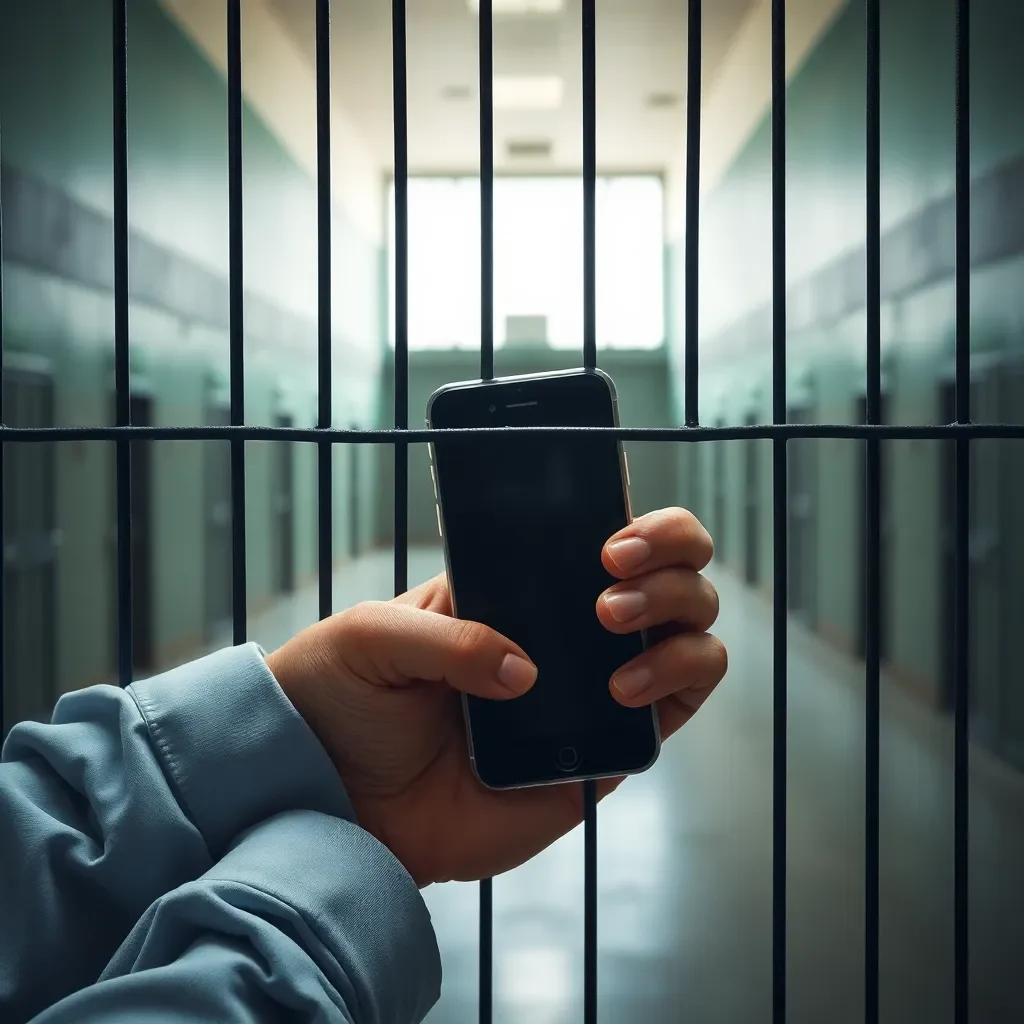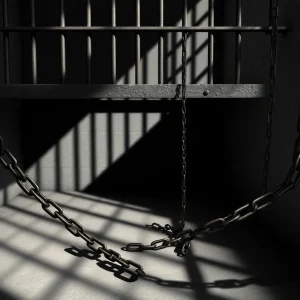COLUMBIA, S.C. — New Law Bans Cell Phones in Prisons
In a significant step to bolster safety and security in South Carolina’s correctional facilities, Governor Henry McMaster has officially signed a new bill that makes it illegal for inmates to have cell phones and various electronic devices in prisons. This momentous decision took place on the afternoon of October 22 and comes on the heels of numerous issues surrounding contraband entering correctional facilities.
A Tribute to a Fallen Officer
The bill is named in honor of a former corrections officer, Robert Johnson, who tragically lost his life in a violent incident back in 2010. Johnson was shot at his home by an ex-inmate who had previously served time at the Lee Correctional Institute. Governor McMaster noted that the law is not just an administrative change; it’s a heartfelt tribute to those who have sacrificed their lives to keep our communities safe.
What’s New with the Legislation?
Under this new law, the possession of not only cell phones but also other electronic devices such as pagers and laptops is strictly prohibited in the state’s prisons. This change aims to tackle the alarming issue of contraband being used in ways that can undermine the safety of both prison staff and inmates. The presence of cell phones has been linked to a variety of issues, including criminal activities being coordinated from behind bars and increased gang violence.
Why This Change is Important
In recent years, there have been growing concerns regarding the safety of prison staff, particularly with the introduction of devices that allow inmates to communicate freely with the outside world. The ability to make calls or send texts has enabled dangerous criminals to orchestrate illegal activities even when confined to prison walls.
One major adverse effect of this technology was evident when it facilitated the smuggling of drugs and weapons into the facilities. In response to these threats, lawmakers have prioritized public safety, concluding that it’s time to tighten the reigns on what inmates can access inside prison cells.
The Wider Community Reacts
Local communities are largely supportive of the new law, viewing it as a proactive approach to maintain order and discipline in correctional institutions. Many residents have expressed their relief, believing that it will help keep their neighborhoods safer and cut down on potential violent incidents arising from prison-related activities.
Inmates and their families may experience some frustration as a result of this legislation, but officials maintain that the measure is ultimately about protecting lives. The law aims not only to create a safer environment for officers and inmates but also to preserve the integrity of the correctional system.
Looking Ahead
This significant legislative move sends a strong message about the direction South Carolina is taking in terms of prison safety reform. While the implementation of this law may take some time, officials are already developing strategies to ensure that its provisions are enforced effectively.
As the state implements these changes, it allows us to ponder on the broader implications of technology in our lives and how it can have both beneficial and harmful consequences. In the case of prisons, the general consensus seems to be that this law is a step in the right direction. We’re hopeful that this measure will create a safer environment for those working in and around the correctional system.


























